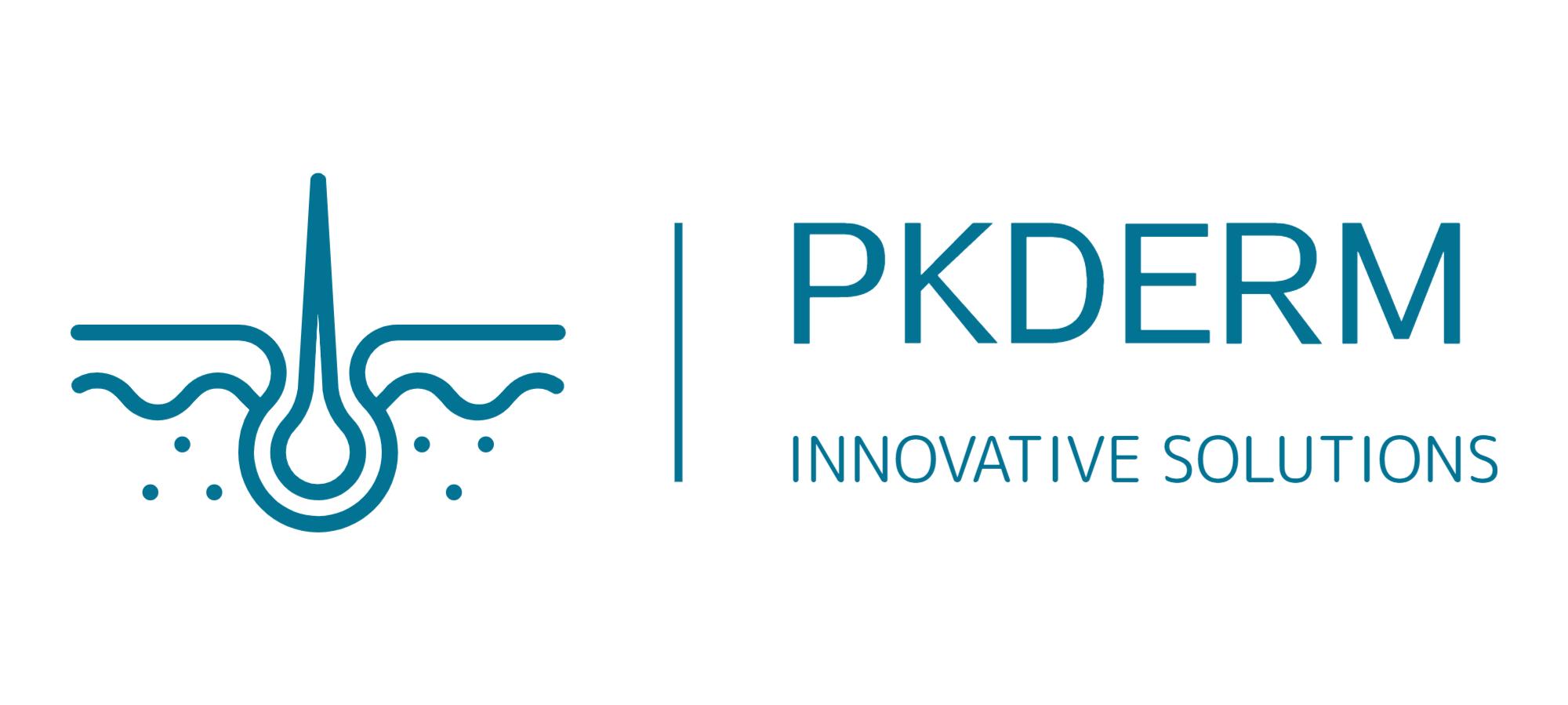OpenTox Virtual Conference 2021 Session 14
FAIR data management in toxicogenomics: the good, the bad, the ugly
Since the beginning of the 20th century, Maastricht has been involved in the development of alternatives for animal testing using toxicogenomics. Thereby, not only creating loads of data in various national and international projects, but also bringing these data together in the diXa data warehouse, which has become a data collection in BioStudies. Producing, collecting, storing toxicogenomics data, or any data for that matter, requires good data management. Here the FAIR principles play an important role for not only the captured data but also for the way, these data were obtained including the protocols and tools used. This will enhance the reproducibility of the toxicogenomics work. In this talk I like to continue where I left off in OpenTox 2020, show some more examples and have a fruitful discussion on how to move FAIR data management in toxicogenomics forward.
CV: Dr Danyel Jennen is associate professor in the field of toxicoinformatics at the Department of Toxicogenomics and he heads its core unit on toxico-informatics. His research focuses on the development of complex bioinformatics models using a systems biology/toxicology approach and on constructing functional networks based on integrating multiomics and phenotypic data. His work has been published in over 85 peer-reviewed publications (h-index 34). Within various multicenter (inter)national projects, from the Netherlands Toxicogenomics Centre, the European 6th framework programme and 7th framework programme integrated projects carcinoGENOMICS, diXa and HeCaToS, he was/is involved in the bio-informatics work on toxicogenomics in cancer hazard and (hepato)toxicity assessment. He coordinated the DECO2 project on the use of non-animal data to supplement and strengthen read-across, commissioned by CEFIC, the European Chemical Industry Council. Furthermore, he was work package leader in the European Horizon 2020 project OpenRiskNet and the national project BReIN on the development of an e-infrastructure for neurohealth. Currently, he is work package leader in the Horizon 2020 project ONTOX and involved in the integrated data analyses of the Horizon 2020 IMI2 project transQST. Furthermore, he is a member of the HESI emerging Systems Toxicology for Assessment of Risk (eSTAR) Committee since October 2019 and recently joined the International Workshops on Genetic Toxicology Testing (IWGT) Expert Working Group (EWG) on Toxicogenomics Biomarkers for Genetic Toxicity.


